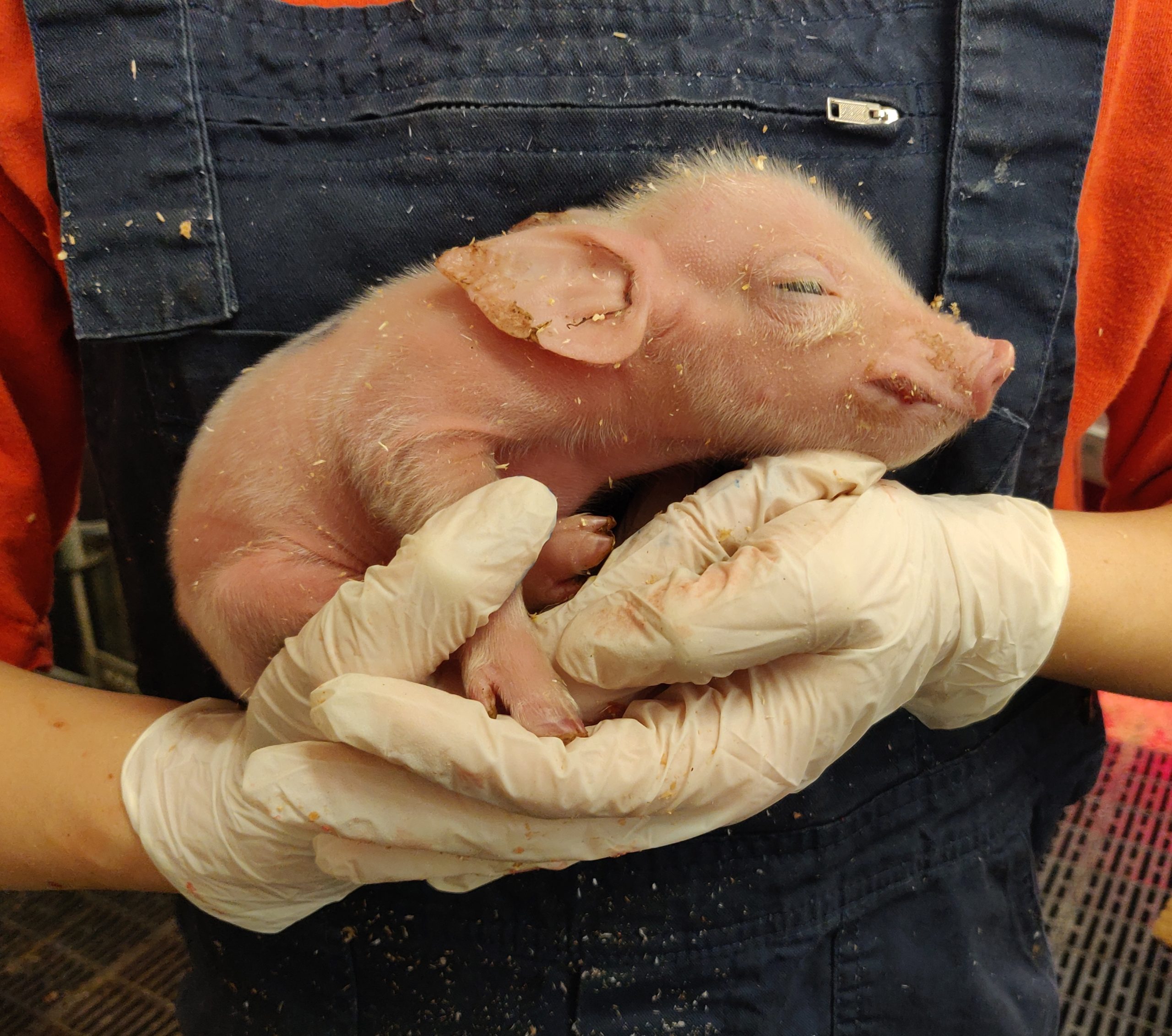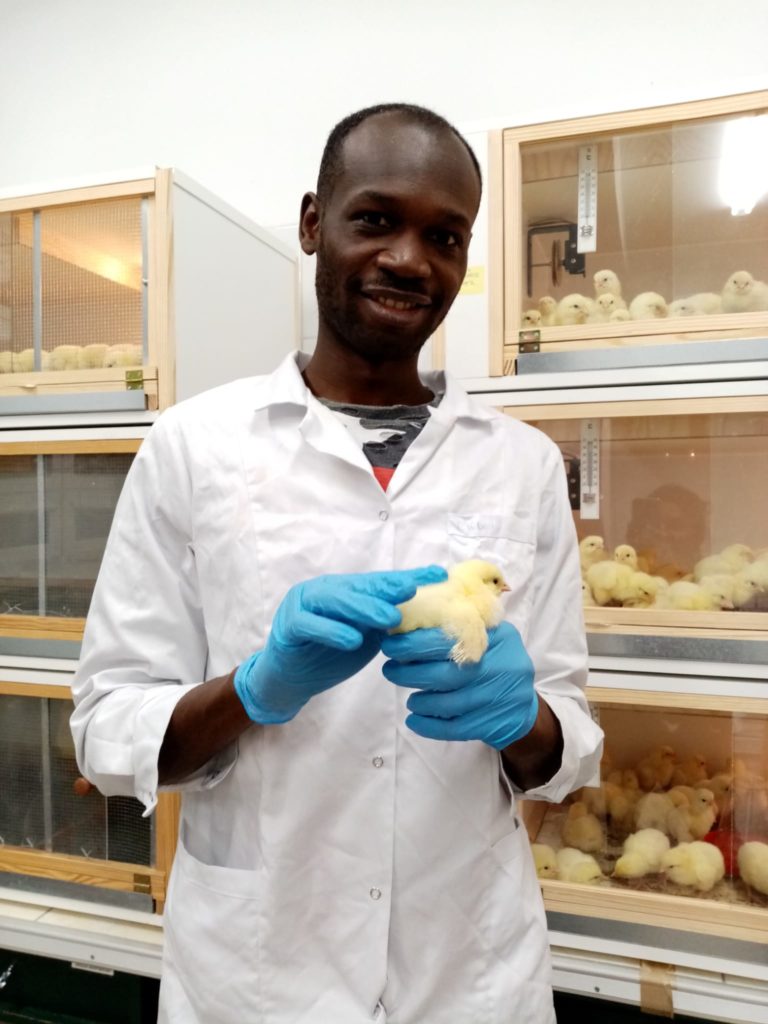ESR blog
Survival in the wild they say is for the fittest, so as the world moves at a fast pace, the weakest could be left behind. But we live in a civilized and organized modern world where we understand that the welfare of both the strong and the weak are equally important. Yet, with the fast-paced culture of the livestock industry, producers tend to discard the seemingly weak newly born/hatched piglets and chicks and mark them unfit for production or in other cases weak piglets could be crushed by the sow or even born dead. But in any case, by today’s ethical standard, it is not acceptable to lose newly born animals because of their fitness.
We care so much about preventing the loss of young animals at MonoGutHealth because we understand that through intervention in the neonatalRelating to newborn individual. (early-life after birth/hatch) development of piglets/chicks, we could revive the weak ones and help shape their growth to maintain a good health and welfare condition.
Several methods can be employed in the neonatalRelating to newborn individual. intervention of piglets and chicks. We could, for example, fine-tune the environmental temperature to maintain proper thermoregulation of piglets while also ensuring that all piglets have access to “colostrumThe first form of milk produced by sows immediately following birth of piglets. Colostrum has an esp…” within the first 12 h of birth. This could be achieved by simply separating the largest piglets from smaller ones and ensuring that all piglets are nursed in rotation. In the events when sows could not produce sufficient milk, nutritionally suitable and carefully formulated milk can be given as a replacer.

In fact, the PhD projects of some of our early-stage researchers (ESRs) are dedicated to finding the best milk supplementation and management strategies to improve the health and efficiency of piglets born to large litters (ESR9 & ESR10). In another ESR project, we are also researching the role of an essential amino acid (glutamineAn amino acid used for biosynthesis of proteins. One of the functions known is the role of glutamine…) supplementation in the growth and splanchnic tissue development of low-birthweight piglets (ESR5).
Stillbirth which is caused by lack of oxygen during farrowing, poor foetal development and poor placenta quality could also be prevented by developing innovative management techniques that includes but not limited to dietary supplementation with essential amino acids (e.g. arginine). The MonoGutHealth project aims to train and breed a group of ESRs who could foster innovative ideas to address such problems.
In poultry, late-term embryos and a few days after hatching are critical for the development of the gastrointestinal tractThe part of the digestive system that consists of the stomach and intestines. and the immune system of chicks. Nutritional and incubationKeeping the eggs under defined conditions (ideally 37.8℃ and 55% relative humidity) for the chicks… intervention at this critical stage of life could increase the resilience to environmental stressors and improve gut health, immune system and overall welfare and development (ESR8). An experimental approach is to administer bioactive substances in-ovo to enhance early gut colonization by beneficial bacteria and also improve hatchability. Such in-ovo technology is still in its infancy and there is plenty of room for improvement (ESR3 & ESR4).
In a nutshell, the welfare of all farmed animals regardless of their fitness should be our priority as stewards. Hence, we have the responsibility to develop novel methods of mediating the early-life development of livestock to positively shape their well-being. In MonoGutHealth, we are working on improving the gut health of pigs and chickens before and after birth. Our aim is to improve the resilience, welfare and sustainability of swine and poultry systems.
